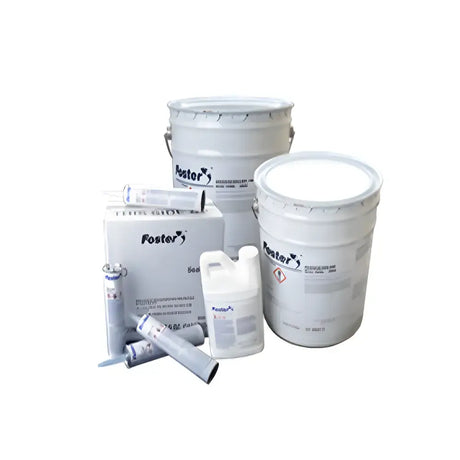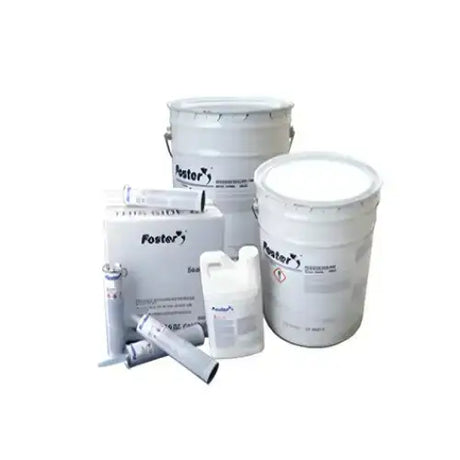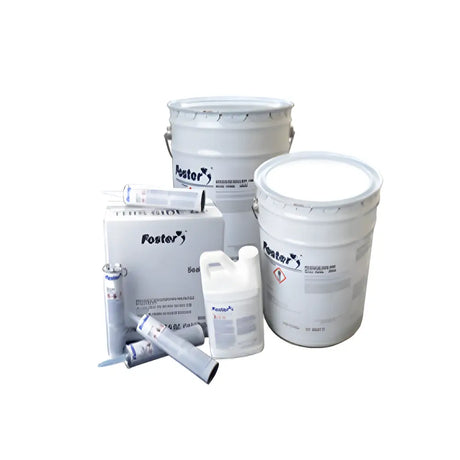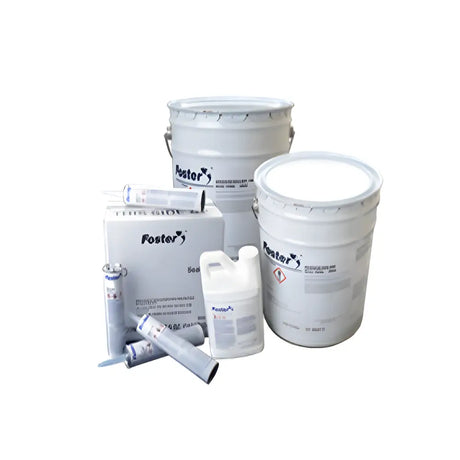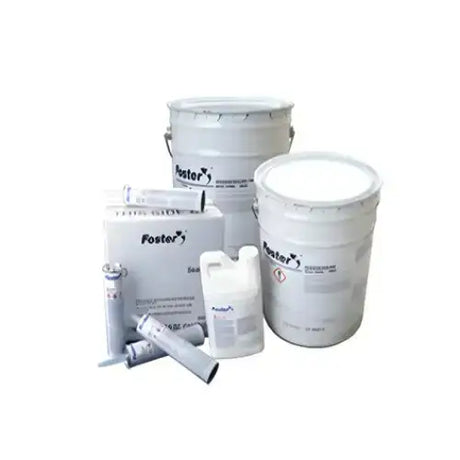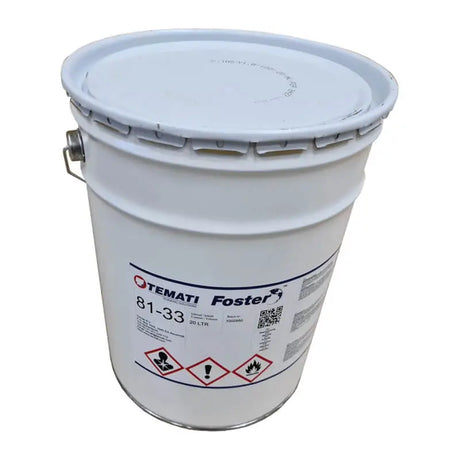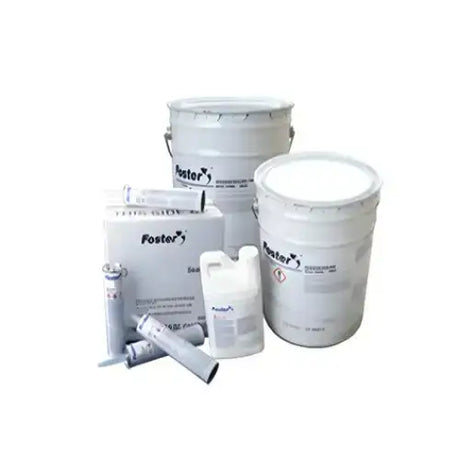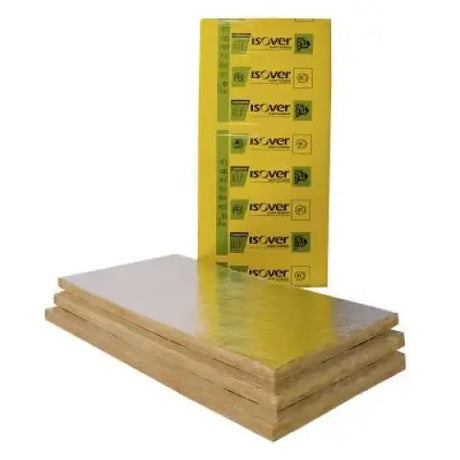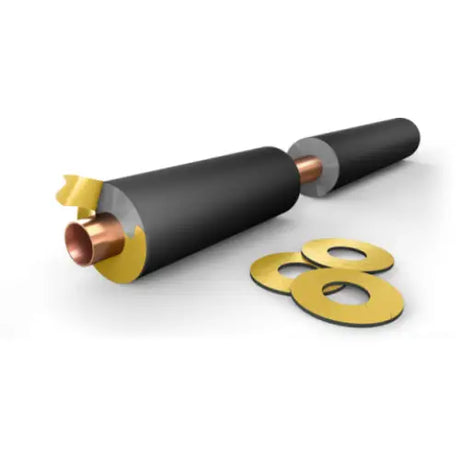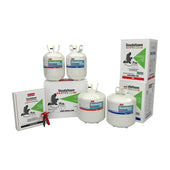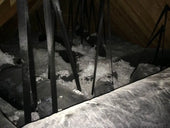The answer to this question isn't as straightforward as you might think. It depends on the type of insulation used, its composition, and how it's treated. To help you navigate through the world of pipe insulation and its flammability, we've compiled a comprehensive guide that will provide all the information you need.
What is Pipe Insulation?
Before we delve into the details about flammability, let's take a moment to understand what pipe insulation is. Essentially, pipe insulation is a protective covering that helps maintain an optimal temperature for pipes carrying hot or cold fluids. It reduces energy consumption by preventing heat loss or gain and protects against freezing in colder climates.
Pipe insulation comes in various materials like rubber, fibreglass, rockwool, and elastomeric foam. Each material has unique properties that make it suitable for specific applications.
The Flammability Factor
Now onto the burning question (pun intended) - is pipe insulation flammable?
Rubber Pipe Insulation
Rubber-based insulations like Elastomeric and Armaflex are generally non-flammable. They're made from synthetic rubber which has excellent fire-resistant properties. However, while they may not catch fire easily, they can melt under extreme heat conditions.
Fiberglass Insulation
Fiberglass insulation is made from fine strands of glass woven together. While glass itself is non-combustible, the binders used to hold the fibres together can burn if exposed to high temperatures. Therefore, fiberglass insulation isn't entirely fireproof but it's considered fire-resistant.
Rockwool Insulation
Rockwool, also known as mineral wool or stone wool, is one of the most fire-resistant types of insulation available on the market today. Made from basalt rock and recycled slag from steel mills, it can withstand temperatures up to 1000°C without melting or producing significant smoke.
Fire Safety Measures
While most types of pipe insulations have some degree of fire resistance built into them, it's crucial to remember that no material is entirely immune to flames under extreme conditions. Therefore, implementing proper safety measures can significantly reduce any potential risk:
- Use Fire-Retardant Coatings: These coatings can enhance your insulation's resistance to flames.
- Install Fire Barriers: If your pipes run through areas with high fire risk (like kitchens), consider installing a physical barrier.
- Regular Maintenance: Regularly inspect your pipe insulation for signs of wear or damage which could compromise its performance and safety.
- Professional Installation: Always ensure your pipe insulation is installed by professionals who understand how to minimise risks associated with flammability.
Conclusion
So there you have it - while some types of pipe insulations are more resistant to flames than others; none are completely immune under extreme conditions. That being said; when installed correctly and maintained regularly; they pose minimal risk in terms of flammability.
Remember; at our online store; we offer a wide range of insulation products; tools; and accessories designed specifically for UK customers' needs – whether you're looking for something highly flame-resistant like Rockwool or something versatile like rubber-based Elastomeric foam; we've got you covered!
Pipe Insulation and Flammability FAQs
1. Is pipe insulation flammable?
The flammability of pipe insulation depends on the type of material used. Some materials like rubber and rockwool are generally non-flammable, while others like fibreglass are fire-resistant but not entirely fireproof.
2. Is rubber pipe insulation flammable?
Rubber-based insulations like Elastomeric and Armaflex are generally non-flammable. They're made from synthetic rubber which has excellent fire-resistant properties. However, they can melt under extreme heat conditions.
3. How fire-resistant is fibreglass insulation?
Fibreglass insulation is made from fine strands of glass woven together. While glass itself is non-combustible, the binders used to hold the fibres together can burn if exposed to high temperatures. Therefore, fibreglass insulation isn't entirely fireproof but it's considered fire-resistant.
4. What makes Rockwool insulation highly fire-resistant?
Rockwool, also known as mineral wool or stone wool, is one of the most fire-resistant types of insulation available on the market today. Made from basalt rock and recycled slag from steel mills, it can withstand temperatures up to 1000°C without melting or producing significant smoke.
5. Can pipe insulation catch fire under extreme conditions?
While most types of pipe insulations have some degree of fire resistance built into them, no material is entirely immune to flames under extreme conditions. Therefore, implementing proper safety measures can significantly reduce any potential risk.
6. How can I enhance the fire resistance of my pipe insulation?
Using fire-retardant coatings can enhance your insulation's resistance to flames. Additionally, if your pipes run through areas with high fire risk, consider installing a physical barrier. Regular maintenance and professional installation can also significantly reduce any potential risk.
7. Does pipe insulation produce smoke when exposed to fire?
The amount of smoke produced when pipe insulation is exposed to fire depends on the type of insulation. For instance, Rockwool insulation can withstand high temperatures without producing significant smoke.
8. Can pipe insulation melt under extreme heat conditions?
Some types of pipe insulation, such as rubber-based insulations, can melt under extreme heat conditions, even though they are generally non-flammable.
9. What should I do if my pipe insulation catches fire?
If your pipe insulation catches fire, you should immediately call the fire department and evacuate the area. Do not attempt to put out the fire yourself unless you have been trained to do so.
10. Are there any regulations regarding the flammability of pipe insulation?
Yes, there are regulations in place that specify the flammability standards that pipe insulation materials must meet. These regulations vary by country, so it's important to check the local regulations in your area.


